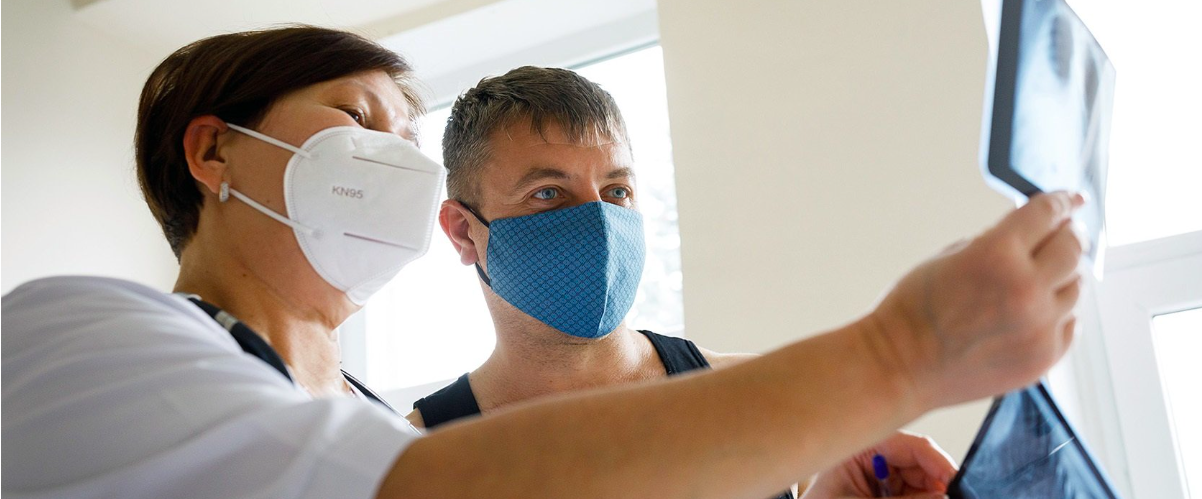A groundbreaking clinical trial conducted by researchers at the University of Oxford has achieved a significant milestone in tuberculosis (TB) research by establishing the first controlled human infection model for TB that mimics the natural route of infection through the lungs.
Published in The Lancet Infectious Diseases, the trial marks a crucial step forward in the development of new TB vaccines. By delivering the BCG vaccine directly into participants’ lungs via aerosol, the study aims to create a reliable challenge model for testing the efficacy of potential TB vaccines.
Human challenge models have been instrumental in the development of vaccines for various diseases, including malaria and typhoid. However, TB presents unique challenges due to the lack of an ethical means to intentionally infect individuals with the bacterium that causes the disease.
The BCG vaccine, a live attenuated strain of Mycobacterium bovis closely related to Mycobacterium tuberculosis, was chosen for the trial due to its safety profile in humans. Previous studies had administered BCG via injection into the arm, but this method does not replicate the natural route of TB infection into the lungs.
Led by Professor Helen McShane, the research team gradually increased the dose of aerosol-delivered BCG to ensure safety and efficacy. Participants who had never received the BCG vaccine were recruited for the study, with some receiving BCG via aerosol and others through injection in the arm.
The results demonstrated that aerosol-delivered BCG was well tolerated by participants, with no significant difference in adverse events compared to the injection group. Importantly, BCG was recovered from lung washes of participants who received the aerosol-delivered vaccine, confirming successful delivery to the lungs.
Professor McShane emphasized the importance of this milestone in TB vaccine development, highlighting the resurgence of TB as the leading cause of death among infectious diseases. The establishment of a human infection model for TB lays the groundwork for future vaccine trials and represents a critical advancement in combating the global TB epidemic.
The success of this trial paves the way for further research into TB vaccines, with ongoing studies exploring different delivery methods and formulations of the BCG vaccine. By leveraging innovative approaches such as human challenge models, researchers are hopeful in their quest to develop effective TB vaccines and reduce the burden of this deadly disease worldwide.
Moving forward, Professor McShane and her team remain committed to advancing TB vaccine research, building upon the foundation laid by this pioneering study.
For more information, refer to the study published in The Lancet Infectious Diseases.











